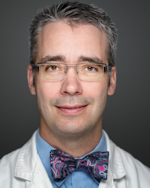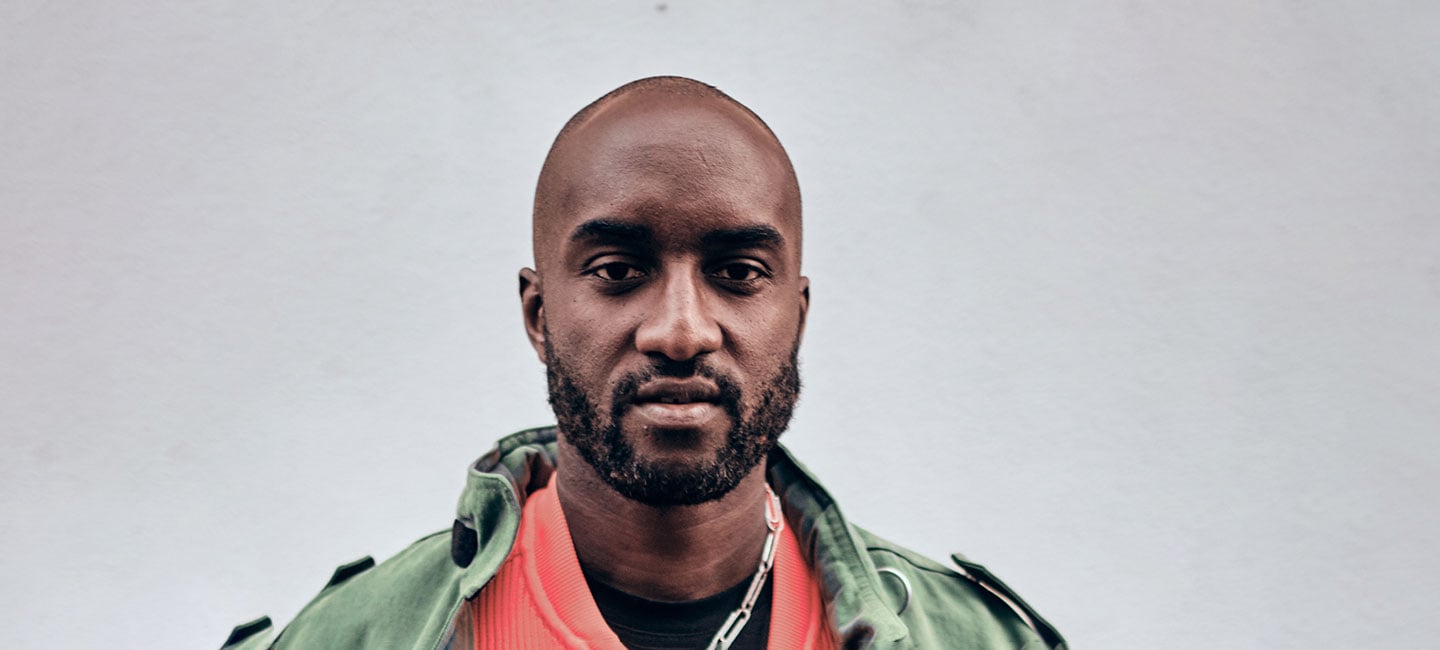Designer Virgil Abloh Loses Battle with Rare Cancer at 41
The fashion industry is mourning the loss of an icon. Virgil Abloh, a trailblazing fashion designer who became the first Black artistic director at Louis Vuitton and launched his own highly successful fashion brand Off-White, died after a long battle with a rare cancer. He was 41.
His family announced his death on Instagram. “For over two years, Virgil valiantly battled a rare, aggressive form of cancer, cardiac angiosarcoma. He chose to endure his battle privately since his diagnosis in 2019, undergoing numerous challenging treatments, all while helming several significant institutions that span fashion, art, and culture.”
Sarcomas are cancers that can develop in bones and soft tissues, such as fat, muscles, blood vessels, nerves, deep skin tissues and fibrous tissues. Abloh’s diagnosis, cardiac angiosarcoma, is a type of soft tissue sarcoma found in the heart.
According to Dr. Ricardo Gonzalez, chair of the Sarcoma Department at Moffitt Cancer Center, angiosarcomas can form anywhere throughout the body. “They are one of the rarer subtypes of soft tissue sarcomas. And soft tissue sarcomas make up roughly 1% of all malignancies,” he said.

Dr. Ricardo Gonzalez, Chair of Sarcoma Department
Symptoms of cardiac angiosarcoma can vary depending on where the tumor is within the heart. If it is in the chamber, it can block blood flow to the heart; or if the tumor is growing into the muscle tissue, it could cause an irregular heartbeat.
“Angiosarcomas are aggressive because they can easily spread to other parts of the body. Unfortunately for patients with cardiac angiosarcoma, by the time the signs are noticeable the cancer is often in advanced stages and treatment options may be limited,” said Gonzalez.
Treatments for this type of sarcoma include surgery, chemotherapy and radiation. But even with therapy, the survival rate for these patients is anywhere from six months to a few years. Gonzalez says the key is to seek treatment at a specialty cancer center that deals with rare sarcomas.
“My advice would be if you are diagnosed with a sarcoma, get a second opinion and, more importantly, go to a cancer center that offers disease-focused multidisciplinary care for rare tumors,” he said.



